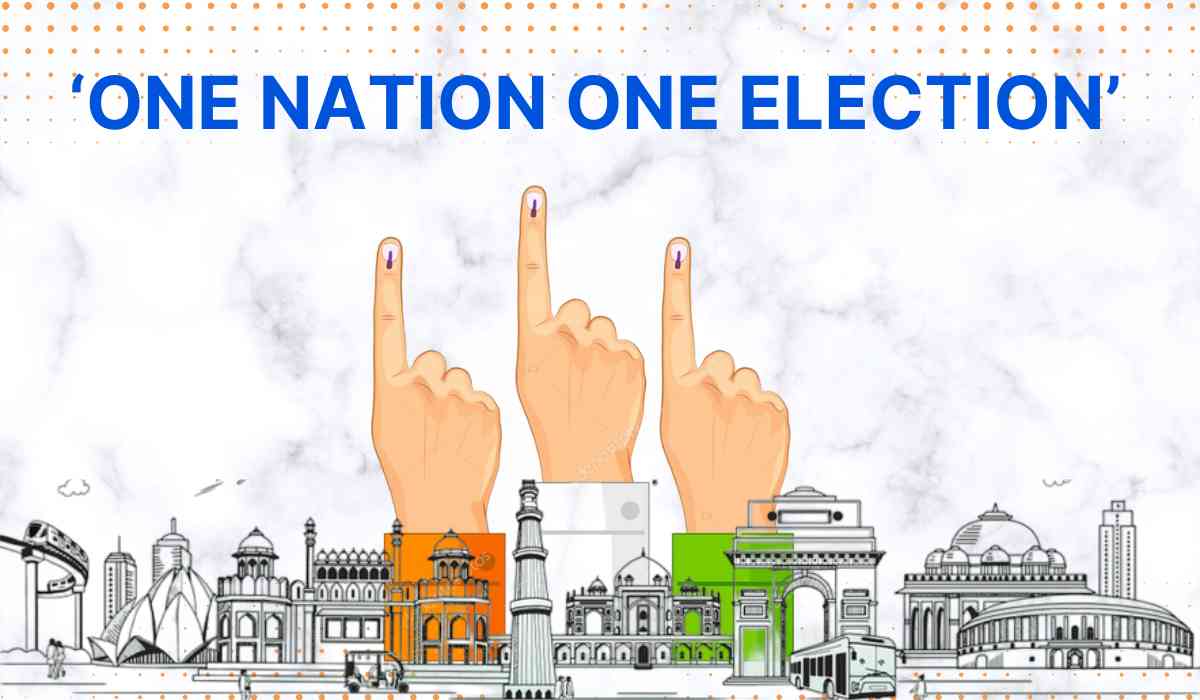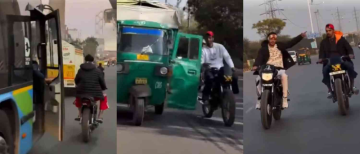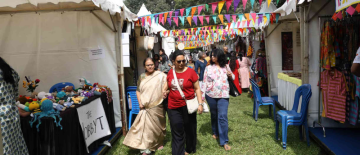🚨 Big Move! 🚨
The Union Cabinet has cleared the #OneNationOneElection proposal! Could this be the future of streamlined elections across India? #India #Elections #Democracy #OneElection #PoliticalReform @PMOIndia @BJP4India pic.twitter.com/sfoOOSooBa— VYGR | News App (@Vygrofficial) September 18, 2024
The "One Nation, One Election" plan, which calls for simultaneous elections for the Lok Sabha, state legislatures, and local governments, has been approved by the Union Cabinet. This would cut down on the number of elections, lessen the burden on the exchequer, and ensure continuity in policy. In this report, we will go deep into detail about the proposal, its challenges, and the road ahead.
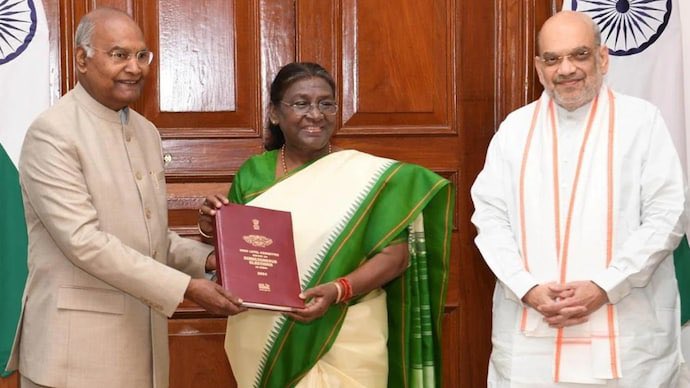
Image Source - X
The Proposal
A high-level committee led by former president Ram Nath Kovind has recommended 18 constitutional amendments to ease the way for simultaneous elections. Under two-phased proposals, Lok Sabha and assembly elections will be held in the first phase while the local body elections within 100 days of the first phase.
Challenges ahead
The passage of two Constitution Amendment Bills is a pre-requisite to the "One Nation, One Election" initiative to successfully be implemented. These bills will be supported widely by nearly all parties, and given the fact that for the passage of these bills, the BJP has to reach out both to its NDA allies and the opposition, will decide the future of the initiative.
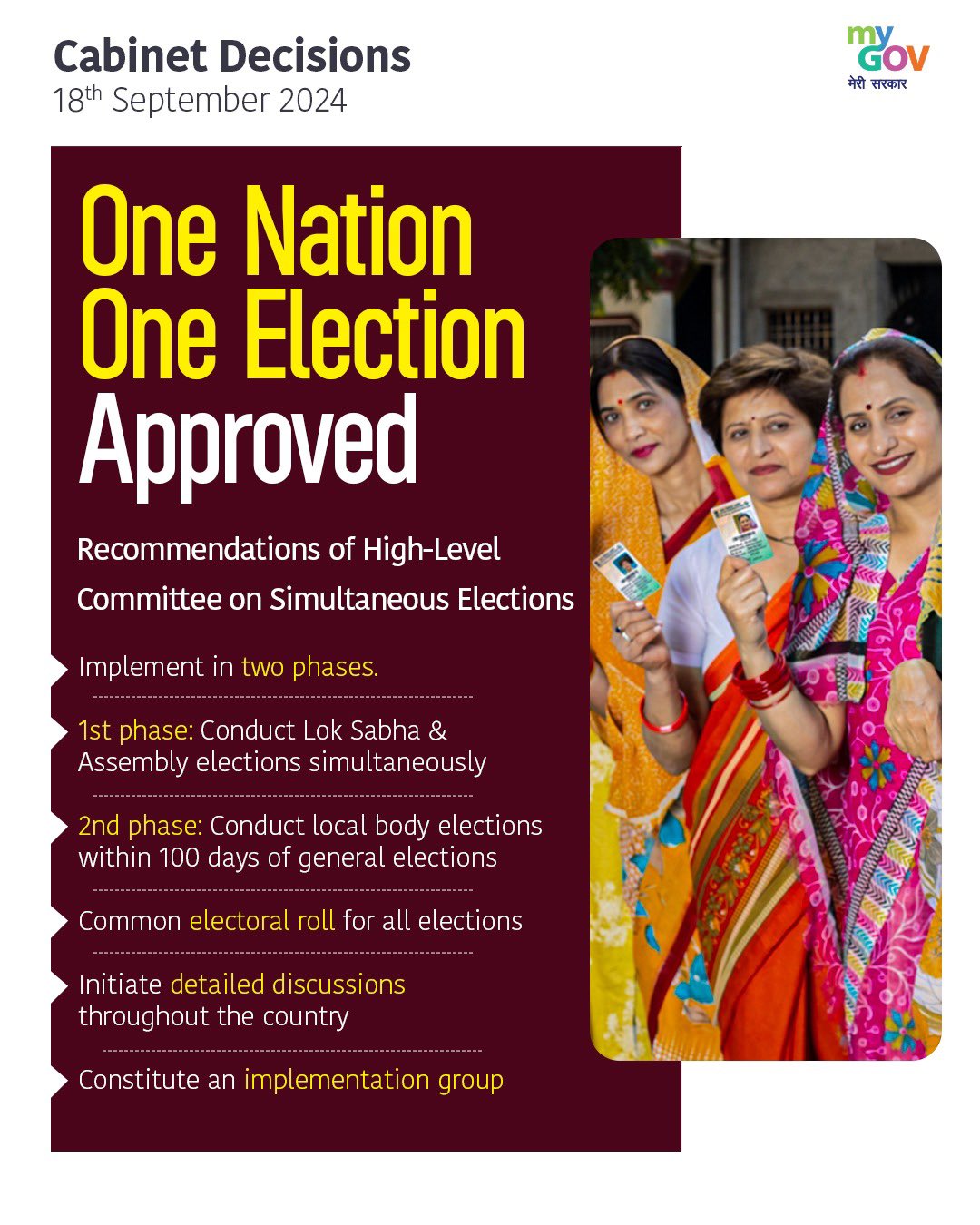
Image Source - X
Important Amendments
The Kovind committee also recommended amendments in Article 83, which defines the duration of the Lok Sabha, and Article 172, which deals with the term of the state assemblies. The committee has also recommended a one-time transitory measure to bring all elections in line and has recommended an amendment clause under Article 82A, whereby all the state assemblies constituted in any general election held after the "appointed date" shall expire on the expiry of the full term of the Lok Sabha.
Effect of the Provision
The effect of this provision can be explained with an example. West Bengal and Karnataka are the next assembly polls. Thus, the terms of these assemblies would end in May or June 2029 at a time when the next Lok Sabha's term would also be finishing. If the "One Nation, One Election" policy ever sees the light of the day, possibly by 2029, and either the Lok Sabha or a state assembly is, before its five-year term, dissolved because of losing the majority after the "appointed date", fresh elections, the committee has recommended. These would be called "midterm elections," and the new government would serve only the balance of the term, referred to as the "unexpired term."
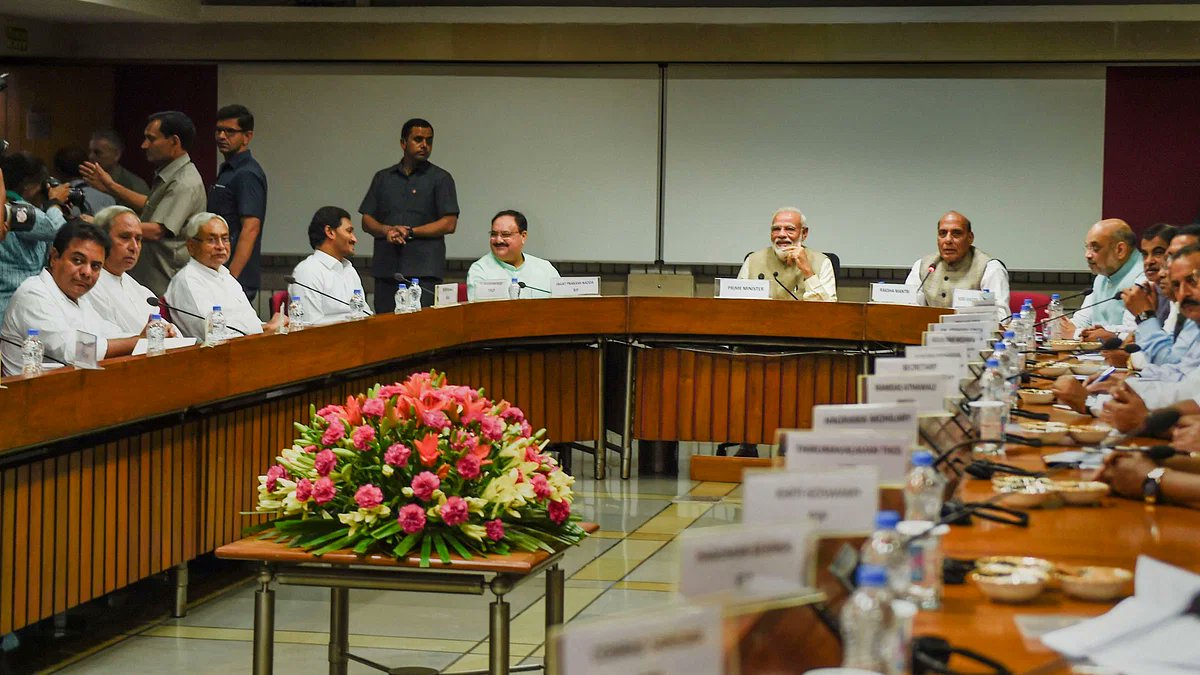
Image Source - X
Road Ahead
The Centre would also need to involve the states in the exercise as at least half of them would have to ratify the proposed Constitutional amendment which would allow for the inclusion of local bodies in simultaneous elections. The BJP presently has a majority in more than a dozen states. Results of the assembly polls next month in Haryana, Maharashtra, and Jharkhand may thus alter the political arithmetic.
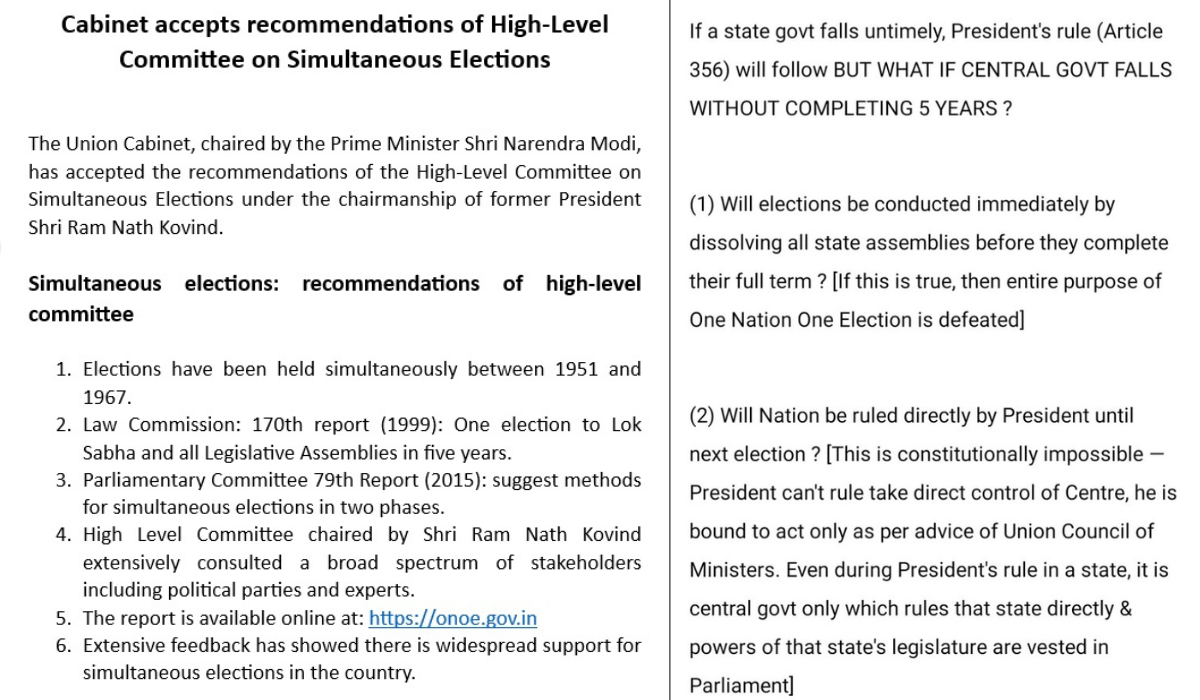
This bill can be a disaster too ( Image Source - X)
Opposition Stance
Opposition parties have strongly aired their reservations against the 'One Nation, One Election' the thing is, it is tearing down the federal framework and allegedly focusing all the power in the hands of the central government. Some arguments that the opposition put forward include:
- Federalism Under Threat: The opposition parties oppose the proposal arguing that it tramples over the autonomy of states and local bodies as it suggests sychronizing elections throughout the nation, which may result in loss of regional identity and diversity.
- Constitutional Amendments: The very argument the opposition presented is that this system would require amendment in the constitution, thereby completely altering the fundamental nature of the present electoral framework of the country. The extent of this would be so massive that it would imply far-reaching effects on the democratic structure of the country.
- Logistical Challenges: Opposition parties again argued that concomitant elections pose logistical challenges. Conducting them would involve extreme exertion on the part of manpower, infrastructure, and other resources, thus burdening the electoral machinery.
- Implication on Regional Parties: The minor regional parties have feared and enjoyed saying that this proposal will be injurious to them because they cannot compete with the national parties simultaneously in terms of organizational capacity and the resources of the entire country.
One Nation, One Election केवल ध्यान भटकाने का भाजपाई मुद्दा है।
ये संविधान के ख़िलाफ़ है,
ये लोकतंत्र के प्रतिकूल है,
ये Federalism के विरूद्ध है।
देश इसे कभी स्वीकार नहीं करेगा। pic.twitter.com/rFMFInrnNA— Mallikarjun Kharge (@kharge) September 18, 2024
Alternative solutions have also come from the opposite parties. Some of the opposition parties have looked up for a series of elections of short time or some other electoral reform without any constitutional amendments whatsoever. In general, the opposition parties are cautioning and showing careful consideration of the proposal by urging that electoral reform be approached more soberly and inclusively.
One move closer to fruition
There is a long way to go for the "One Nation, One Election" proposal as it has to be pushed through two Constitution Amendment Bills and requires cooperation from the states. This is aimed at ensuring fewer elections, reducing the exchequer's burden, and allowing for continuity in policy. Still, this proposal comes with its share of problems, wide-scale party support, and the impact on the political balance in the country.
With inputs from agencies
Image Source: Multiple agencies
© Copyright 2024. All Rights Reserved Powered by Vygr Media.

